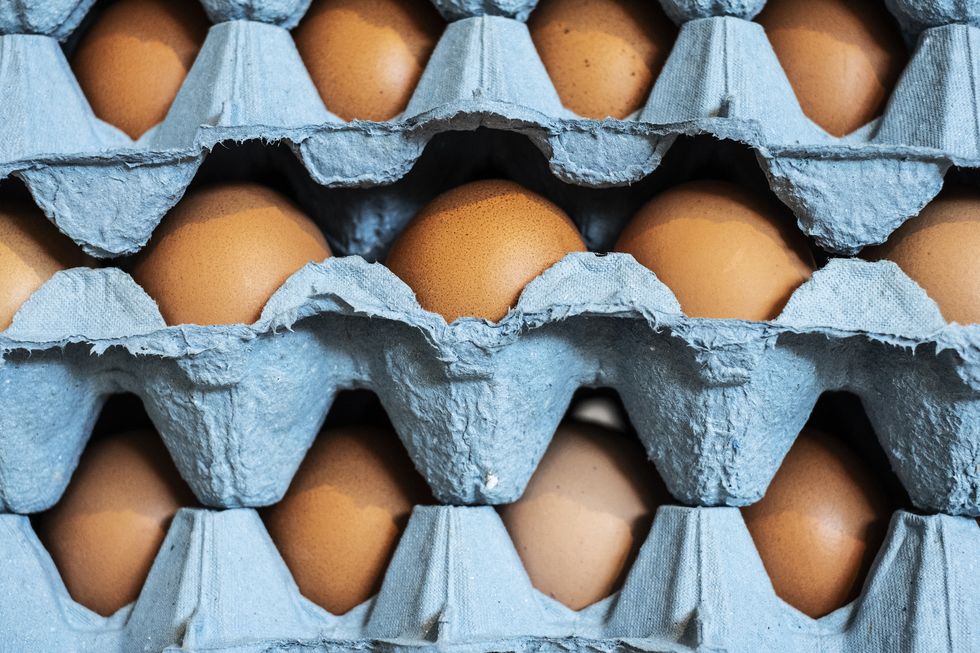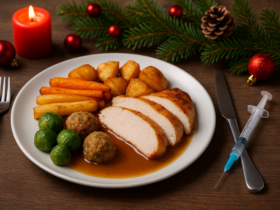
Eggs are some of the most important grocery store essentials. They’re a staple in so many every breakfast foods, they bind baked goods together, and they can even transform into a creamy, spreadable aioli. Eggs also pack a lot of nutrients into a small package—each one contains six grams of complete protein. However, they come in an extremely delicate package.
One of the worst feelings is unpacking your groceries only to discover that your carton of eggs contains cracked shells. Part of our frustration comes from the mess it makes (nobody likes to clean up stray egg whites). But it’s also a waste of money. And with how expensive eggs have gotten over the past few years, every one counts.
So it’s only natural to consider cooking with slightly cracked eggs anyway. If the crack is small enough and no egg whites are leaking, it’s virtually unblemished, right? Is the risk of salmonella small enough to look the other way? That’s why we’re here to explain everything you need to know about cracked eggs so you can feel confident that your crêpes, cookies, and casseroles are safe to eat.
Are Cracked Eggs Safe To Eat?
In most cases, the answer is no. If you don’t know when an egg developed a cracked shell, you should absolutely throw it away. According to the USDA, the cracks in an egg’s shell can invite harmful bacteria inside. The most common germ is salmonella, a common food borne contaminant also found in raw chicken.
Most often, salmonella poisoning can manifest in the form of diarrhea, abdominal pain, vomiting, and fever for up to a week. But for some people, Salmonella can cause serious health problems and even death. Because of the way eggs are processed in the United States, the risk of ingesting the bacteria is relatively low. The CDC estimates that only about one in every 20,000 eggs contains salmonella.
But cracked eggs are a completely different story. Without the intact shell, the odds of getting salmonella poisoning are much higher. In fact, a 1996 study found that getting sick from cracked eggs is up to 93 times more likely than getting sick from undamaged ones. So when in doubt, throw them away.
The only exception to this rule is if you or someone you know was responsible for cracking the egg after you bought it. If your car hit a bump in the road on the way back from the grocery store, affecting your previously undamaged eggs, or someone was a bit clumsy in the kitchen, you can still salvage those eggs without getting sick. Simply transfer the contents of those eggs (sans shell) into an airtight container and store them in the refrigerator for up to two days.
How To Avoid Cracked Eggs
The best way to avoid encountering a cracked egg in your carton is to inspect it before you buy it. It’s worth making a habit of opening up your egg carton before placing it in your shopping cart. And if you want to be especially thorough, you can try to lift and wiggle each egg (because some cracks on the bottom aren’t visible with a cursory glance).
If you do encounter a cracked egg in a carton, we recommend flagging a grocery store employee to make sure someone else doesn’t inadvertently buy it. And if you happen to accidentally buy eggs that have cracks in them, most supermarket chains will accept returns.















Leave a Reply